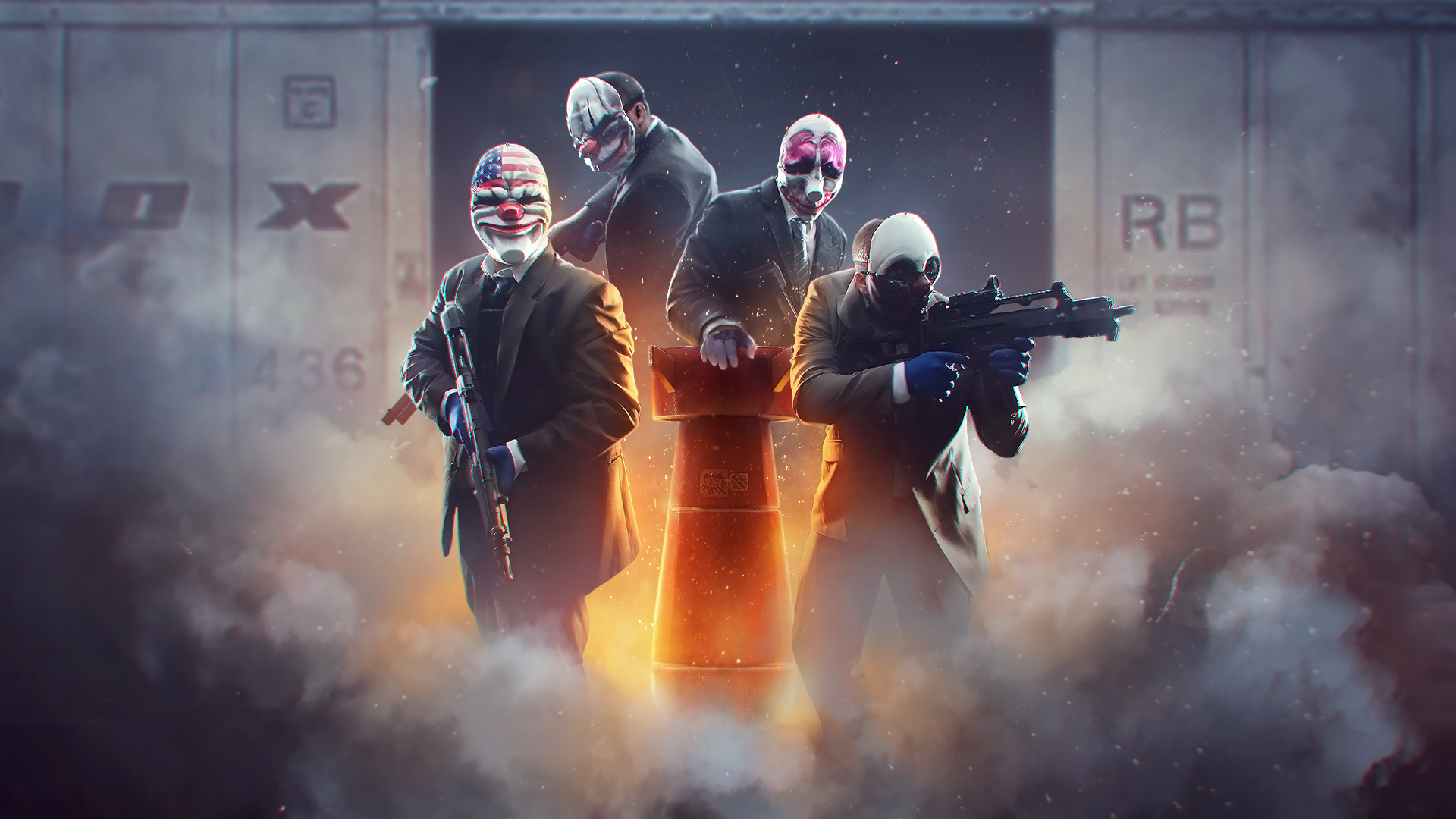Starbreeze Reverts Payday 2 DLC Price Hike After Backlash
Last Updated: October 26, 2025

In a tumultuous series of events that overshadowed the launch of its own sequel, Starbreeze, the developer behind the beloved co-op heist shooter *Payday 2*, publicly addressed and reversed a significant and poorly received change to the game's monetization. In late September 2023, the studio admitted to having "messed up" after introducing a new subscription service alongside a massive price increase for its all-inclusive DLC bundle, the "Infamous Collection." The move, which Starbreeze later labeled an "error," sparked immediate and intense backlash from its dedicated player base.
The developer’s swift, apologetic response came only after a firestorm of criticism from a community that felt blindsided by what was perceived as an aggressive and ill-timed cash grab. The incident serves as a stark case study on the delicate balance between monetization and community trust, especially for a legacy title on the cusp of a major franchise evolution.
A Perfectly Bad-Timed Price Adjustment
The core of the controversy was a sudden, dramatic price escalation for the *Payday 2: Infamous Collection*, a bundle containing the vast majority of the game's decade-worth of DLC. This comprehensive package saw its price surge by as much as 50% in various regions, pushing its cost significantly higher for prospective players. For a game that first launched in 2013, such a steep hike for existing content was seen as a major barrier for new and returning heisters.
This change was not a planned, transparent price adjustment. Following the backlash, Starbreeze's Global Brand Director, Almir Listo, took to a livestream to clarify that the increase was an unintentional "error." This admission was critical in de-escalating the situation, but the initial impact on player perception was severe, raising questions about the company's strategy and respect for its long-time supporters.
A Subscription Service Fuels the Fire
Adding a volatile new layer to the situation, the DLC price hike was rolled out simultaneously with a new premium subscription service. Tied to the Starbreeze Nebula account system, the "Infamous" tier offered players access to the full library of *Payday 2* DLC for a recurring fee.
The timing of these changes could not have been worse. They were implemented during the launch week of *Payday 3*. This created a powerful narrative within the community: that Starbreeze was attempting to squeeze final profits from its dedicated *Payday 2* audience before they migrated to the new installment. The combination of a higher one-time purchase price and a new subscription option was widely viewed as an aggressive, anti-consumer monetization push, turning excitement for the new game into cynicism.
Community Backlash and a Swift Reversal
The community’s reaction was immediate and fierce. The *Payday 2* Steam store page was flooded with negative reviews, dropping its recent rating to "Mixed." Players took to Reddit, Twitter, and forums to voice their discontent, citing feelings of betrayal and accusing the developer of greed. For a game that had thrived for a decade on community engagement, the backlash was a significant blow.
Faced with this overwhelming response, Starbreeze took accountability. Almir Listo’s on-stream admission of having "messed up" was a candid and direct form of damage control that resonated more than a typical corporate apology. Crucially, this apology was backed by action. Starbreeze quickly reverted the price of the Infamous Collection to its original cost, effectively nullifying the "error."
The Aftermath: Trust, Timing, and Lasting Impact
While Starbreeze's rapid course correction was a necessary step, the incident left a lasting scar on its relationship with the community at a critical juncture. The goodwill burned by the monetization controversy bled directly into the already troubled launch of *Payday 3*, which was plagued by severe server issues and a controversial always-online requirement. The *Payday 2* pricing fiasco primed the community to be less forgiving of the sequel's significant technical shortcomings.
The episode now stands as a potent reminder of the importance of community management in the live-service era. Although the "error" was corrected, the misstep damaged player trust at the worst possible moment, demonstrating that even a decade of goodwill can be jeopardized by a single, poorly communicated decision. The path to rebuilding that trust for the Payday franchise has proven to be a heist far more challenging than any found in the game itself.